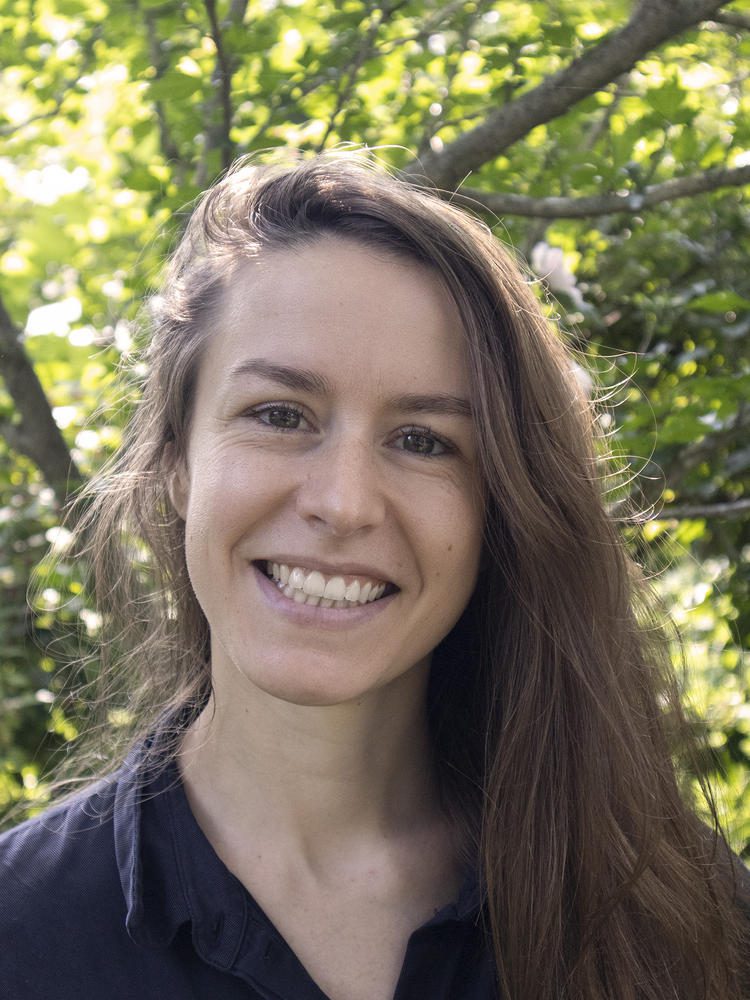Caitlin Blanchfield is an historian of architecture and landscape whose work examines the infrastructures of settler colonialism and material practices of resistance. Her research addresses the role of modernist land management and design practices in projects of dispossession and colonization in North America and across the reaches of U.S. empire, as well as the anticolonial architectures that unsettle them. Blanchfield received her PhD in architectural history and theory at Columbia University with her dissertation, “Unsettling Colonial Science: Modern Architecture and Indigenous Claims to Land in North America and the Pacific.” This project examines the contested landscapes of Cold War-era research infrastructure in the continental United States, Hawai‘i and Canada, and charts how Indigenous movements for land protection work through the built environment and material practice. Other work includes collaborative investigations into the impacts of border infrastructures on Indigenous lands and multimedia projects on the geopolitical management of architectural value. Blanchfield is a founding editor of the Avery Review, a digital journal of critical essays on architecture, her coauthored book Modern Management Methods: Architecture, Historical Value, and the Electromagnetic Image was published by Columbia University Press in 2019. Her work has been supported by the New York State Council for the Arts, Dumbarton Oaks, The Graham Foundation, and the Temple Hoyne Buell Center for the Study of American Architecture. She holds an M.S. in Critical Curatorial and Conceptual Practices in Architecture from Columbia University and a B.A. in history from Oberlin College.
In Fall 2024, Blanchfield is offering the graduate seminar, Against the Settler Colonial City [ARC 523].
Her fellowship is made possible by the Mellon Foundation, Princeton University Humanities Council, the School of Architecture, and The Effron Center for the Study of America.
















